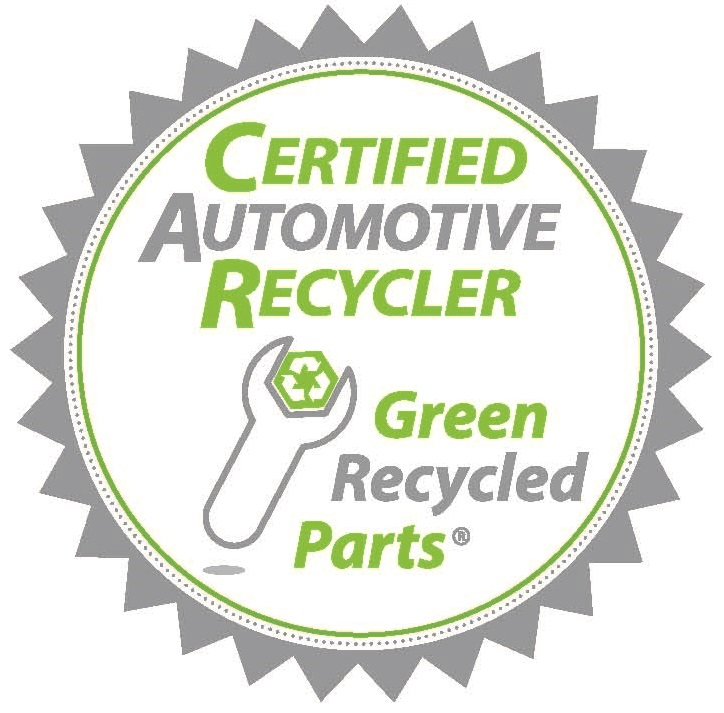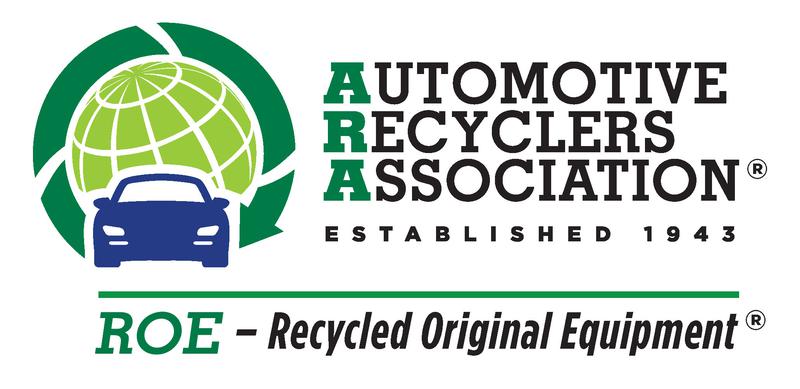Certified Auto Recyclers
Many professional automotive recyclers use a certification program to attain and maintain compliance with environmental, safety and transportation rules applicable to salvage facilities. The Automotive Recyclers Association (ARA) Certified Auto Recyclers (CAR) program sets a standard of excellence as the path to compliance.
Regulatory Agency
Utah Department of Environmental Quality https://deq.utah.gov/
The Environmental Protection Agency (EPA) Region 8 (Mountains and Plains) serving the states Colorado, Montana, North Dakota, South Dakota, Utah and Wyoming. https://www.epa.gov/aboutepa/epa-region-8-mountains-and-plains
US EPA, Region 8
1595 Wynkoop Street
Denver, CO 80202-1129
303-312-6312
800-227-8917 (toll free Region 8 states only: CO, MT, ND, SD, UT, WY)
Español: 202-564-9924
Stormwater Regulation
Industrial facilities such as manufacturing facilities, mining operations, landfills, steam electric plants, automotive recyclers, waste and metal recycling, larger wastewater treatment plants, and transportation facilities are typically required to obtain coverage under the Multi-Sector General Permit (MSGP) for Storm Water Discharges Associated with Industrial Activities. Coverage is usually based on the facility’s Standard Industrial Classification (SIC) code or activities on site. Automobile Salvage Yards are SIC code 5015.
Spill Reporting
National Response Center
If the hazardous condition involves the release of an EPA regulated material or an oil as defined by the EPA, the release may also need to be reported to the National Response Center at (800) 424-8802. Federal Reporting is required within 15 minutes of event occurrence or discovery.
The National Response Center (NRC) is a part of the federally established National Response System and staffed 24 hours a day by the U.S. Coast Guard. It is the designated federal point of contact for reporting all oil, chemical, radiological, biological and etiological discharges into the environment, anywhere in the United States and its territories.
Resources
Small Business resources https://nationalsbeap.org/states
Pollution Prevention Resource Exchange (P2Rx™) http://www.p2rx.org/
P2Rx is a national partnership of regional pollution prevention information centers funded in part through grants from EPA. We build networks, deliver P2 information, and measure P2 program results.
Peaks to Prairies Pollution Prevention Information Center encourages adoption of pollution prevention (P2) practices by businesses, and works with technical assistance providers to promote P2 and environmental management. Peaks to Prairies is operated by Montana State University Extension in cooperation with EPA Region 8 states (CO, MT ND, SD, UT and WY) and offers access to current P2 information and contacts, encourages collaboration and leveraging of resources between states and programs, and distributes quality P2 information through websites, listservs, and presentations.
Peaks to Prairies is part of the P2RX™ national network of regional centers dedicated to improving the dissemination of pollution prevention information in the service provider community. http://peakstoprairies.org/
Peaks to Prairies' projects include:
Sustainable Business Webinar series
Auto Body Topic Hub http://www.peakstoprairies.org/resources-toolkits/auto-body-topic-hub/
Utah BMP for Automotive Salvage Yards:
The following fact sheets are designed to assist automotive recyclers with operating their businesses and managing their wastes in compliance with the environmental laws in their state. Select from the list below.






